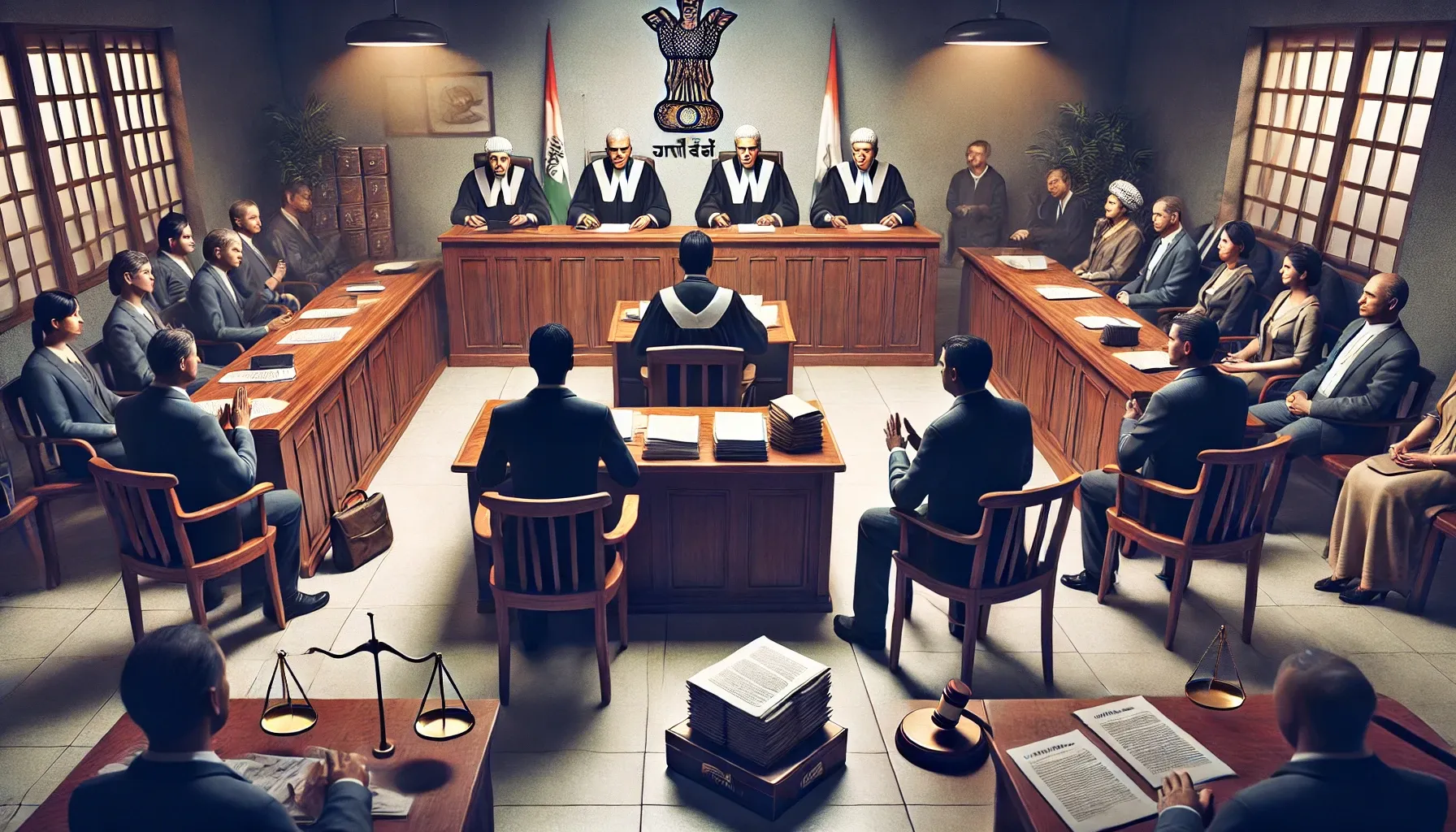The Supreme Court quashed a conviction under Section 302 IPC, ruling that portions of Section 161 CrPC statements used to contradict witnesses must be formally proved through the investigating officer.

On February 13, 2025, the Supreme Court delivered a significant judgment in the case of Vinod Kumar versus State (Govt. of NCT of Delhi), where it set aside the conviction of a man under Section 302 IPC after observing a procedural error in how the trial court had handled contradictions during cross-examination of witnesses.
The Bench, consisting of Justices Abhay S. Oka and Ujjal Bhuyan, noted that the trial court had failed to follow the correct procedure for using Section 161 Cr.P.C. statements to contradict witnesses. The Court emphasized that when a witness is cross-examined using their previously recorded Section 161 statement, the specific portion that is used for contradiction must be formally introduced as evidence through the investigating officer before it can be considered.
Key Points from the Judgment:
- The Error in Trial Court Procedure:
- The trial court reproduced the contradicted portions of the Section 161 Cr.P.C. statement in brackets during witness depositions but failed to properly prove those portions through the investigating officer.
- The Court clarified that the correct procedure requires that any portion of a prior Section 161 statement used for contradiction must first be proved through the investigating officer before it can be used in the cross-examination.
- The Correct Procedure for Contradiction:
- When a witness is confronted with their prior statement during cross-examination, the portion used for contradiction must be marked and proved through the investigating officer.
- The marked portions, once proven, can be reproduced in the deposition and referred to in brackets (marked as AA, BB, etc.). However, until the statement is formally proved, it cannot be included in the deposition.
- The Court's Ruling:
- The Supreme Court ruled that the trial court’s failure to follow the correct procedure led to the improper use of the Section 161 statement to contradict the witness. As a result, the conviction under Section 302 IPCwas set aside.
- The impugned judgments were quashed and the appellant was acquitted of all charges.
Impact of the Judgment
- Clarification on Legal Procedure: This judgment serves as a crucial reminder for trial courts to adhere to the established procedures when using Section 161 Cr.P.C. statements to impeach witnesses during trial. It highlights the importance of having portions of prior statements duly proved by the investigating officer.
- Reinforcing the Rights of the Accused: By setting aside the conviction, the Supreme Court emphasized the importance of a fair trial, ensuring that the accused’s rights are safeguarded against procedural lapses.
- Significance for Future Trials: This ruling is likely to influence how trial courts handle witness contradictions in future criminal trials, ensuring stricter adherence to procedural norms.
Case Title: Vinod Kumar vs. State (Govt. of NCT of Delhi)
Attachment:





